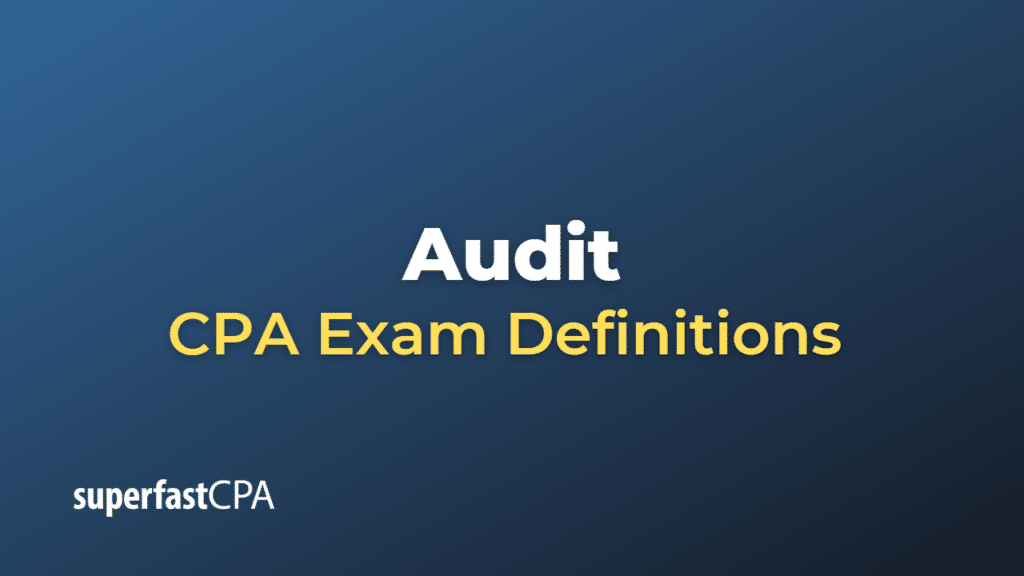Audit
A financial statement audit is an independent examination of an organization’s financial statements, performed by a qualified auditor or a firm of auditors, to provide an opinion on the fairness, accuracy, and compliance of the financial statements with the applicable financial reporting framework, such as Generally Accepted Accounting Principles (GAAP) in the United States or International Financial Reporting Standards (IFRS) globally.
The primary objective of a financial statement audit is to provide reasonable assurance to the users of the financial statements, such as investors, creditors, regulators, and other stakeholders, that the financial statements are free from material misstatements, whether due to fraud or error. It enhances the credibility and reliability of the financial information, helping users make informed decisions based on the organization’s financial performance and position.
The audit process typically involves the following steps:
- Planning and risk assessment: The auditor develops an audit plan, which includes understanding the organization’s business, its internal control environment, and assessing the risks of material misstatement.
- Testing of internal controls: The auditor evaluates the design and operating effectiveness of the organization’s internal controls, focusing on those controls relevant to the audit.
- Substantive procedures: The auditor performs substantive procedures, such as tests of details and analytical procedures, to gather sufficient and appropriate audit evidence to support their opinion on the financial statements.
- Evaluation of audit evidence: The auditor evaluates the audit evidence obtained, considering the identified risks and the overall financial statement presentation.
- Forming an audit opinion: Based on the audit evidence, the auditor forms an opinion on whether the financial statements are presented fairly, in all material respects, and in accordance with the applicable financial reporting framework.
- Issuing the audit report: The auditor issues a written report, which includes their opinion on the financial statements, a description of the scope of the audit, and any other relevant information or disclosures.
It is important to note that an audit provides reasonable assurance, not absolute assurance, as there are inherent limitations in an audit, such as the use of sampling, the potential for collusion, and the possibility of management override of controls.













